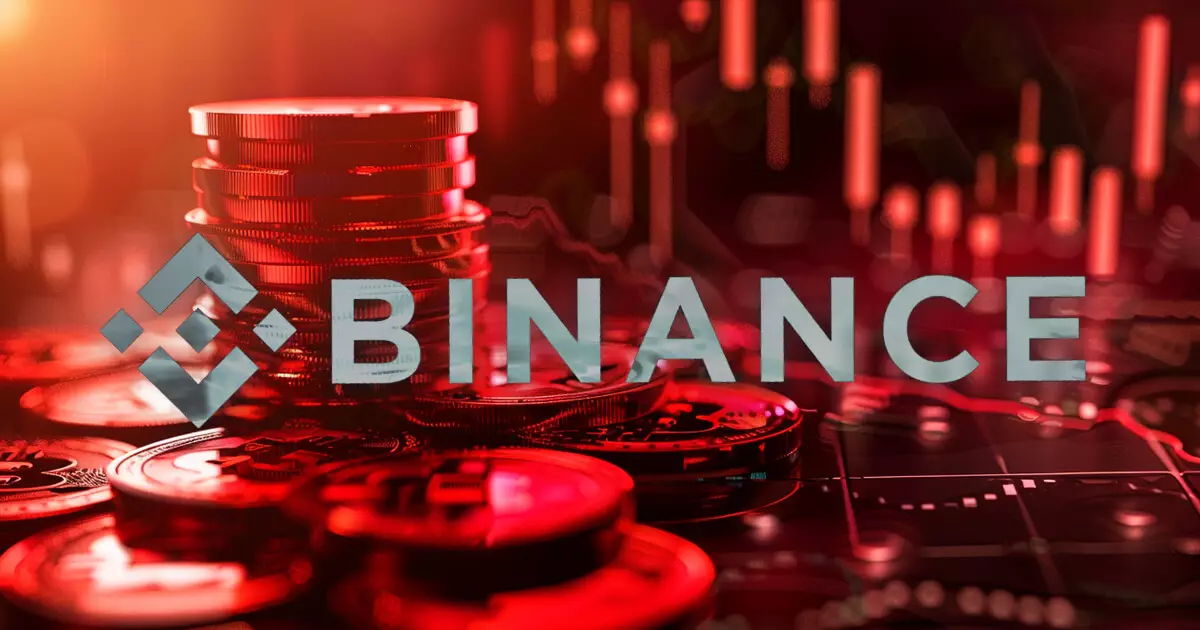The recent listing of Solana-based memecoins, The AI Prophecy (ACT) and Peanut the Squirrel (PNUT), on Binance has sparked significant discussions within the cryptocurrency community. With Binance being the largest crypto exchange globally in terms of trading volume, its decisions carry substantial weight. The sudden listing of these low-market-cap tokens on November 11 raised eyebrows and sparked allegations of potential pump-and-dump schemes, where prices are artificially inflated before being sold off by insiders for profit.
Upon their listing on Binance, both ACT and PNUT experienced dramatic price surges—ACT skyrocketed over 1,000%, reaching a staggering market cap of $400 million, while PNUT, linked to a popular internet character, saw its value nearly double. Such rapid acceleration in value poses a question: is the exchange facilitating honest trading, or is it creating an environment ripe for exploitative financial tactics? The community’s skepticism stems partly from Binance’s track record with memecoins, which are notorious for their volatility and the potential for manipulation.
Leonidas, a co-founder of the Bitcoin Ordinals explorer Ord.io, has taken a vocal stance against Binance’s approach. He initiated a petition to reform the exchange’s listing practices, arguing that the current system favors insiders at the expense of average investors. Drawing attention to the increased frequency of low-activity memecoins being listed, he suggested that these tokens are often controlled by small groups, capable of paying significant fees for their token listings. Leonidas posits that this creates an uneven playing field, allowing a select few to reap profits while leaving ordinary investors vulnerable to losses.
His concerns highlight the ethical implications of such market maneuvers. If Binance is indeed targeting low-market-cap memecoins to inflate profit margins through listing fees, it raises serious questions about the integrity of the marketplace and the exchange’s commitment to its user base.
Adding complexity to the issue, Loopify—the founder of a crypto gaming studio—has indicated that Binance appears to be loosening its previously stringent listing criteria. This apparent shift may be an attempt to maintain competitiveness against decentralized exchanges where users are flocking for better options.
Historically, Binance maintained strict rules for memecoin listings, primarily to protect uninformed investors from possible scams. However, recent trends reveal an inclination towards listing tokens that quickly gain traction, irrespective of their market stability. This raises a critical question: is Binance sacrificing rigorous standards in favor of greater profit potential?
On-chain analyst Ai_9684xtpa provided further analysis, noting that a significant majority (around 80%) of memecoins listed on Binance in 2024 have demonstrated impressive post-listing price surges. Comparing various chains reveals that Solana dominates these listings, with a notable portion also issued on Ethereum and Binance’s own BNB Smart Chain. This trend suggests that while community enthusiasm can drive up values, it may also present heightened risk, given that many of these tokens lack underlying stability and are often vulnerable to sharp declines.
Moreover, only a fraction of these newly listed memecoins is available for spot and futures trading, hinting at Binance’s cautious approach amid rising concerns about potential market manipulation and volatility.
Binance’s recent decisions regarding memecoin listings have unearthed critical discussions around transparency, risk management, and ethical trading practices in the cryptocurrency realm. The emergence of petitions advocating for greater accountability from such a powerful exchange underscores the need for regulation in a rapidly evolving market. As users become increasingly aware of potential pitfalls, the exchange must weigh its practices not only against profitability but also against their moral responsibility to retail investors. Failure to address these concerns could jeopardize consumer trust and the future of trading on one of the world’s foremost crypto platforms.

